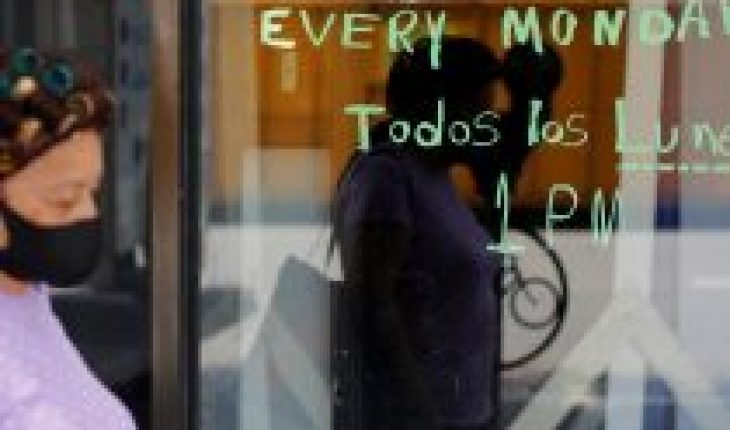
The U.S. economy will recover more slowly than expected amid an increase in coronavirus cases, and a second wave of the disease could cause economic suffering to deepen again, Fed authorities warned.
One by one, central bank officials have become more pessimistic in recent days, reviewing expectations and warning that recent improvements in economic data such as employment gains could be fleeting.
“The pandemic remains the key catalyst for the course of the economy. We are still surrounded by a thick fog of uncertainty and bearish risks prevail,” Fed Governor Lael Brainard said at a virtual event hosted by the National Association for Business Economics.
It asked the central bank to commit to delivering sustained monetary expansion through forward-looking guidance and large-scale asset purchases, and argued that additional fiscal support would be “vital” to the strength of the recovery, particularly as the first round of support programs for the economy expire soon.
Since March, the central bank has cut interest rates to near zero, increased large-scale asset purchases, and launched several other programs designed to support the smooth functioning of financial markets and channel credit to households and businesses.
Coronavirus cases in the United States increased in 46 of the country’s 50 states last week and deaths increased in the country for the first time since mid-April, according to Reuters analysis.
Meanwhile, Richmond Fed President Thomas Barkin warned that unemployment in the country could rise again as companies adjust to a recession that is likely to be longer than anticipated and ahead of initiatives such as the Pay Protection Program (PPP).
“A number of companies, large and small, are realizing that this is not a two-month problem and they are reshaping their business,” possibly jeopardizing two months of strong job growth, Barkin said in online commentary to the Charlotte Rotary Club.
Robert Kaplan, head of the Dallas Fed, speaking at CNBC, cited “a lot of overcapacity in the economy,” which he called “deflating.”
Fed officials, after initially expecting the virus to be controlled quickly in the country to allow the economy to recover rapidly, admitted that growth forecasts at its last meeting in June largely failed to take into account the possibility of a second wave of the coronavirus outbreak.
Patrick Harker, president of the Philadelphia Fed, also at an online seminar organized by the central bank, said rising cases could cause more damage to the economy and consumer confidence.
The head of St. Louis’ regional bank, James Bullard, was somewhat more optimistic, stating that his base scenario is that the economy continues to grow in the second half of the year, although it was cautious anyway.
“However, the downside risk is substantial, and better execution of a granular risk-based policy will be critical to preventing the economy from entering a depression,” Bullard said in comments to the New York Economic Club. It expects Congress to approve a new “substantial” tax package by the end of the month to keep households and businesses stable.
Brainard warned that a second broad wave of infections could even lead to a further drop in activity, as well as rekindle financial market volatility at a time of greater vulnerability.





